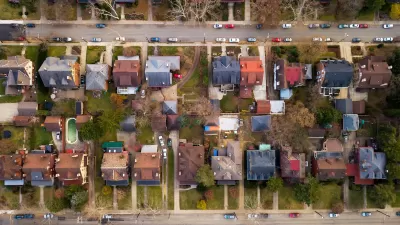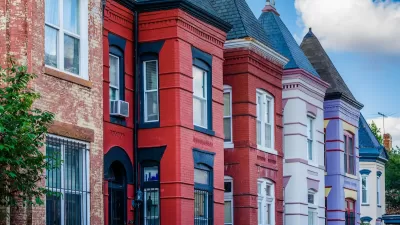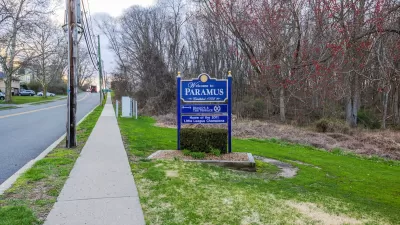Both people who live alone and unmarried partners who live together spend more on housing than married couples.

People living without a partner struggle more to afford housing costs in the United States, according to a study from Redfin summarized by Dana Anderson. “[F]or instance, a single Washington, D.C. renter pays nearly $12,000 more per year than someone splitting the rent.”
Almost 70 percent of single, divorced, or separated people have a hard time paying their rent or mortgage, compared to 52 percent of married people. However, “More than three-quarters (76%) of respondents who live with their partner but aren’t married struggle with housing payments, making them the group most likely to struggle.”
This points to a need for a more diverse housing stock that caters to the needs of all types of households. According to Redfin Chief Economist Daryl Fairweather, “Married couples make up a smaller and smaller share of U.S. households, so it’s important to include single people living alone or with roommates when examining ways to ease the affordability crisis. People who aren’t yet married, or aren’t interested in getting married or living with a partner, often have to make more sacrifices to cover their housing costs than their coupled-up counterparts, which is one reason the government should consider zoning for single-room housing, like dormitories, and ADUs.”
FULL STORY: Nearly 70% of Single People Struggle to Afford Housing Payments, Compared to 52% of Married People

Maui's Vacation Rental Debate Turns Ugly
Verbal attacks, misinformation campaigns and fistfights plague a high-stakes debate to convert thousands of vacation rentals into long-term housing.

Planetizen Federal Action Tracker
A weekly monitor of how Trump’s orders and actions are impacting planners and planning in America.

San Francisco Suspends Traffic Calming Amidst Record Deaths
Citing “a challenging fiscal landscape,” the city will cease the program on the heels of 42 traffic deaths, including 24 pedestrians.

Defunct Pittsburgh Power Plant to Become Residential Tower
A decommissioned steam heat plant will be redeveloped into almost 100 affordable housing units.

Trump Prompts Restructuring of Transportation Research Board in “Unprecedented Overreach”
The TRB has eliminated more than half of its committees including those focused on climate, equity, and cities.

Amtrak Rolls Out New Orleans to Alabama “Mardi Gras” Train
The new service will operate morning and evening departures between Mobile and New Orleans.
Urban Design for Planners 1: Software Tools
This six-course series explores essential urban design concepts using open source software and equips planners with the tools they need to participate fully in the urban design process.
Planning for Universal Design
Learn the tools for implementing Universal Design in planning regulations.
Heyer Gruel & Associates PA
JM Goldson LLC
Custer County Colorado
City of Camden Redevelopment Agency
City of Astoria
Transportation Research & Education Center (TREC) at Portland State University
Jefferson Parish Government
Camden Redevelopment Agency
City of Claremont





























